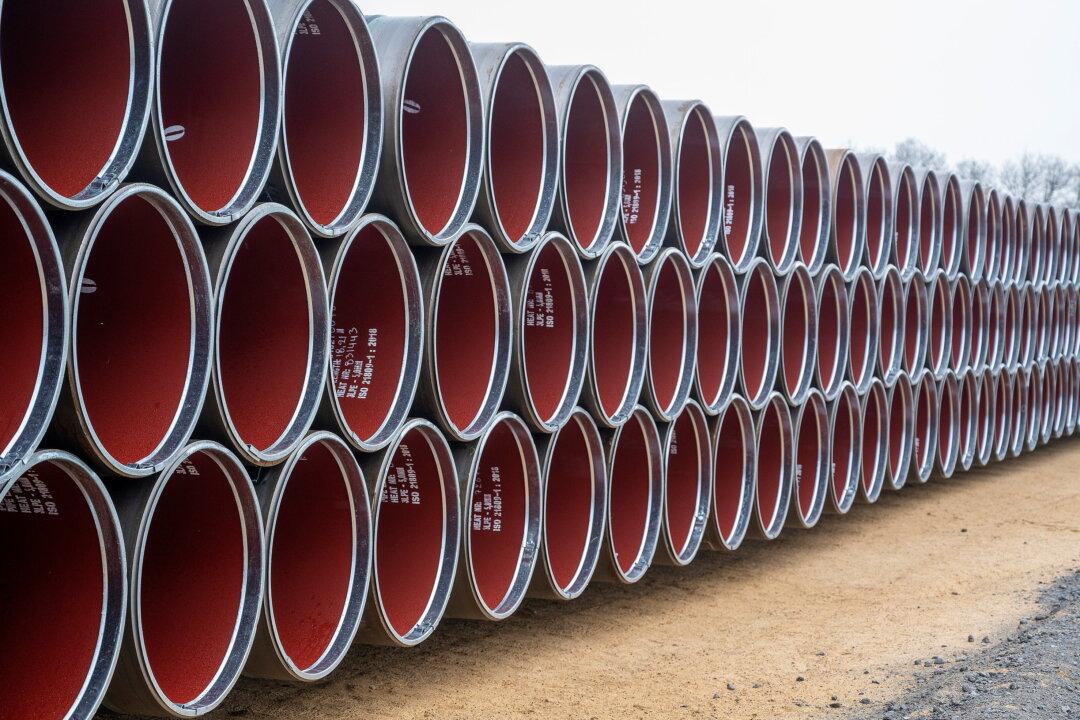The war in Ukraine is pushing European countries to rethink their reliance on Russian energy, with Germany looking to extend its use of coal to help wean itself off Russian gas and Denmark resuming construction of a pipeline linking Poland to Norwegian gas fields after a 33-month hiatus over environmental concerns.
Russia’s invasion of Ukraine has triggered worries that Russian gas supplies to Europe could be cut, highlighting the need to diversify energy supplies and spurring European countries to action.





